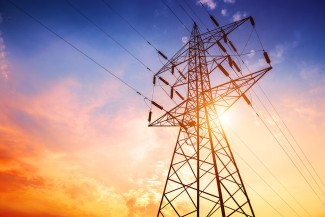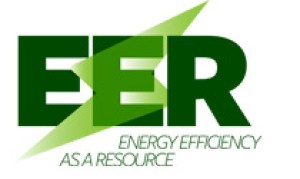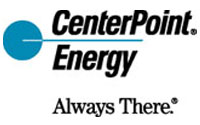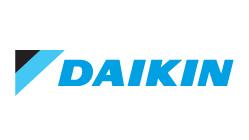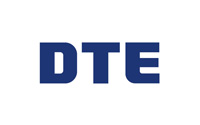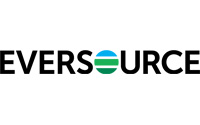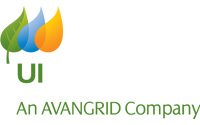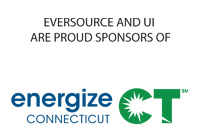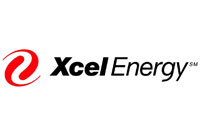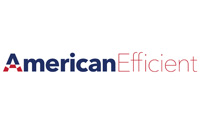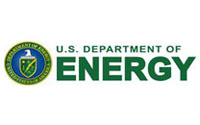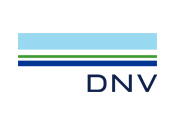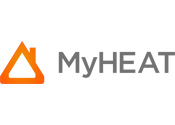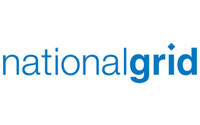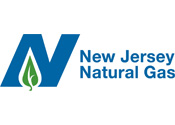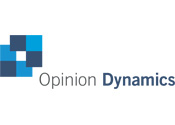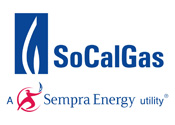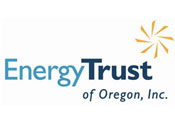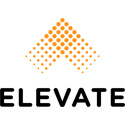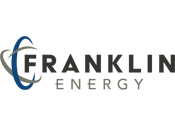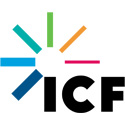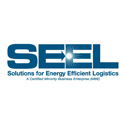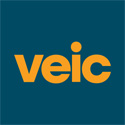
Overview
EER is the premier U.S. biennial conference on policies and programs to reduce customers' energy waste and thus help utilities meet the grid's demand for electricity.
Energy efficiency’s role in a transforming utility industry has never been more essential. More and more utilities have set ambitious corporate carbon reduction goals. Policymakers are expanding their expectations for what energy efficiency programs deliver, from greenhouse gas reductions to job creation, economic recovery to bill affordability, many with a focus on energy equity and justice.
ACEEE hosted the EER conference virtually with over 350 attendees. The event offered dynamic discussions on policies and programs to reduce customers' energy waste and thus help utilities meet both customer energy demand and climate goals.
We explored an exciting mix of topics and presentations from experts around the country. Topics included:
- Innovative energy efficiency programs and technologies
- Energy efficiency, electrification, and climate goals
- Energy equity
- Integrated programs for energy efficiency and load flexibility
- Multiple benefits of energy efficiency
The EER conference brought together a diverse group of utilities and program administrators, regulatory commissions, state government, consultants, manufacturers, environmental organizations, consumer groups, and research institutes.
Click here to see a list of the organizations that participated in the 2019 conference.
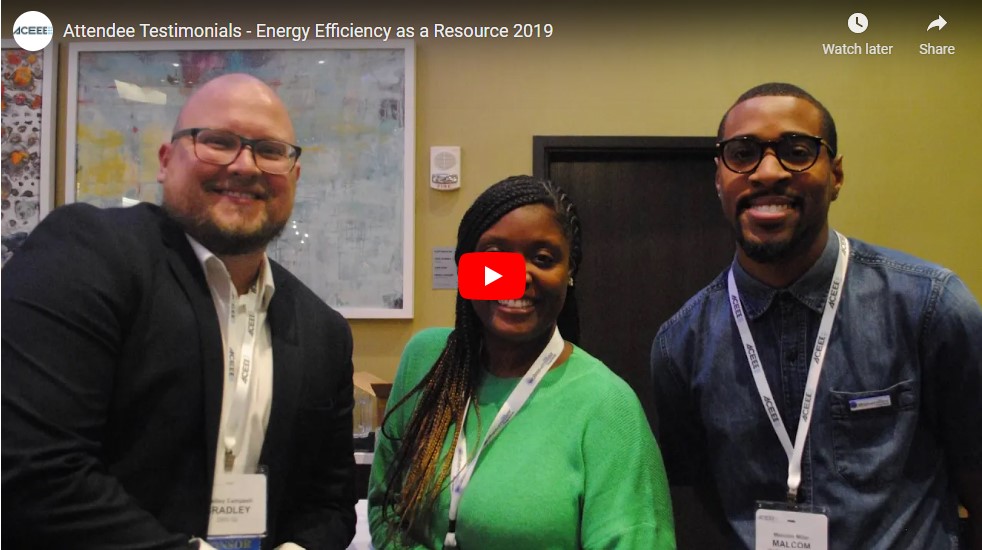
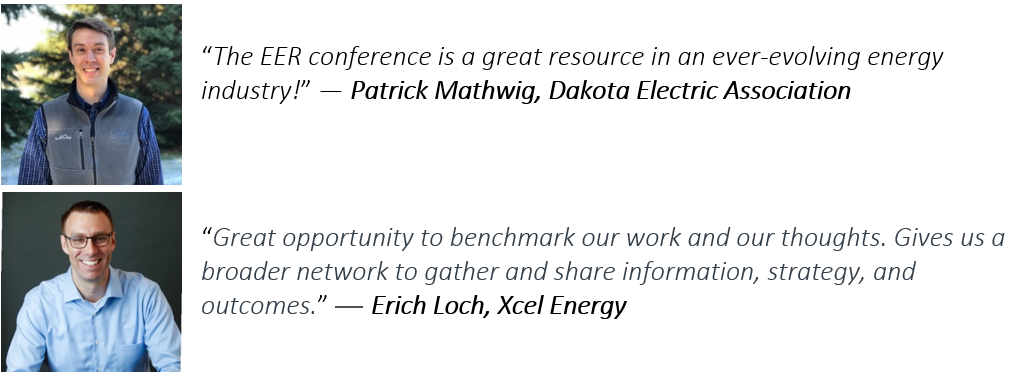
Click here to view the schedule and below for the detailed program which includes links to the presentations.
Tuesday, October 19
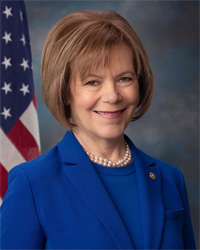
The conference opened with a dynamic keynote address from the Honorable U.S. Senator Tina Smith, D-Minn. Senator Smith is leading efforts to include provisions for a clean electricity standard in the national infrastructure and investment package now before Congress. Her keynote addressed the critical importance of energy efficiency in reaching an 80% carbon-free electrical grid by 2030.
Thursday, October 21
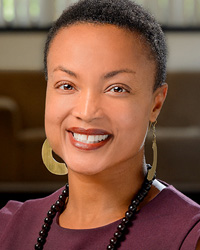
Shalanda H. Baker is the Deputy Director for Energy Justice in the Office of Economic Impact and Diversity at the U.S. Department of Energy. Prior to her appointment, she was a Professor of Law, Public Policy and Urban Affairs at Northeastern University. She has spent over a decade conducting research on the equity dimensions of the global transition away from fossil fuel energy to cleaner energy resources. Her keynote stressed the importance of energy equity in the rapidly transforming utilities world.
In addition to the keynote, the opening day featured an interactive plenary panel including leaders from around the United States. This year's roundup highlighted outlooks for major advances in policies and programs that are needed to make large gains for decarbonization and energy efficiency.
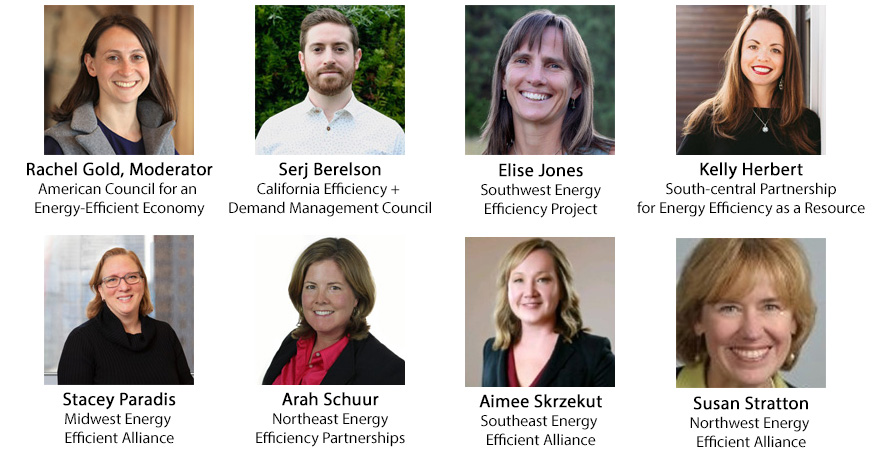
Sponsors
If you have any questions about your registration for this event, please contact us for more information.
To join the ACEEE Ally program and receive exclusive benefits, click here.
We thank our sponsors for their generosity and support of the 2021 EER Conference. If you have any questions about sponsoring our future events, please contact Corinne Abbott.
A series of workshops were held on relevant topics. Registered participants had a chance to attend one or more of this line-up of workshops.
I. Measuring and Tracking Equity Progress: Equity-focused Metrics and Lessons Learned
Facilitators: Ariel Drehobl and Amanda Dewey, ACEEE
ACEEE launched our Leading with Equity Initiative with the goal of defining and driving equitable energy efficiency policy and programs at the state, local, and utility levels. Through a collaborative engagement process with utilities, policymakers, and community leaders, we worked to identify and advance metrics that capture progress towards the deployment of innovative and robust energy efficiency policies and programs that center equity.
In this workshop, we leveraged the main findings of this initiative to explore equity-driven metrics that utilities, state, and local governments, and other decision-makers can use to measure progress on clean energy outcomes. We started by exploring definitions and examples of equity in the clean energy sector, and then examined the landscape of metrics developed by the Leading with Equity Initiative participants. Participants learned from peer examples of utilities that are using equity-driven metrics in their work, with presentations from VEIC/Efficiency Vermont, National Grid, and Puget Sound Energy. Finally, participants applied workshop information to their own context, leaving with metrics and a path forward for measuring progress on equity at their organization.
II. Incorporating Health into Residential Energy Efficiency Program Design
Facilitators: Sara Hayes and Christine Gerbode, ACEEE
This interactive workshop provided resources and actionable guidance to participants looking to incorporate health into their energy efficiency programs. We explored topics such as adding health services complementary to weatherization; pursuing health-related funding; measuring and communicating health impacts; building relationships to help programs accomplish these things.
III. Incorporating Grid-interactive Efficient Building (GEB) into Your Energy Efficiency Programs
Facilitators: Hannah Bastian, and Dan York, ACEEE
Grid-interactive efficient buildings or GEBs can help a utility manage electrical loads to ensure a stable, secure grid. ACEEE presented findings from its work with utilities and program administrators on creating GEB programs, followed by breakout sessions to brainstorm how to transform traditional energy efficiency programs to incorporate GEB aspects. This session considered many different aspects from designing optimal rates for GEBs to creating the most impactful program structure to marketing GEB benefits to consumers.
IV. Preparing a Resilient and Inclusive Energy Efficiency Workforce
Facilitators: Roxana Ayala, Bryan Howard, and Lauren Ross ACEEE
In this workshop, we explored opportunities to build a robust and diverse energy efficiency workforce. We started by exploring inequities in the energy efficiency workforce and examined approaches to creating high-quality jobs in this sector for underrepresented workers. We then heard from utilities, community-based organizations, and other training providers who have successfully delivered inclusive workforce development programs and placed participants in energy efficiency and electrification jobs. Participants applied lessons learned from these models to their own circumstances and defined concrete next steps for making their local workforce more equitable. We identified tangible strategies to help the energy efficiency industry better reflect the communities it serves.
